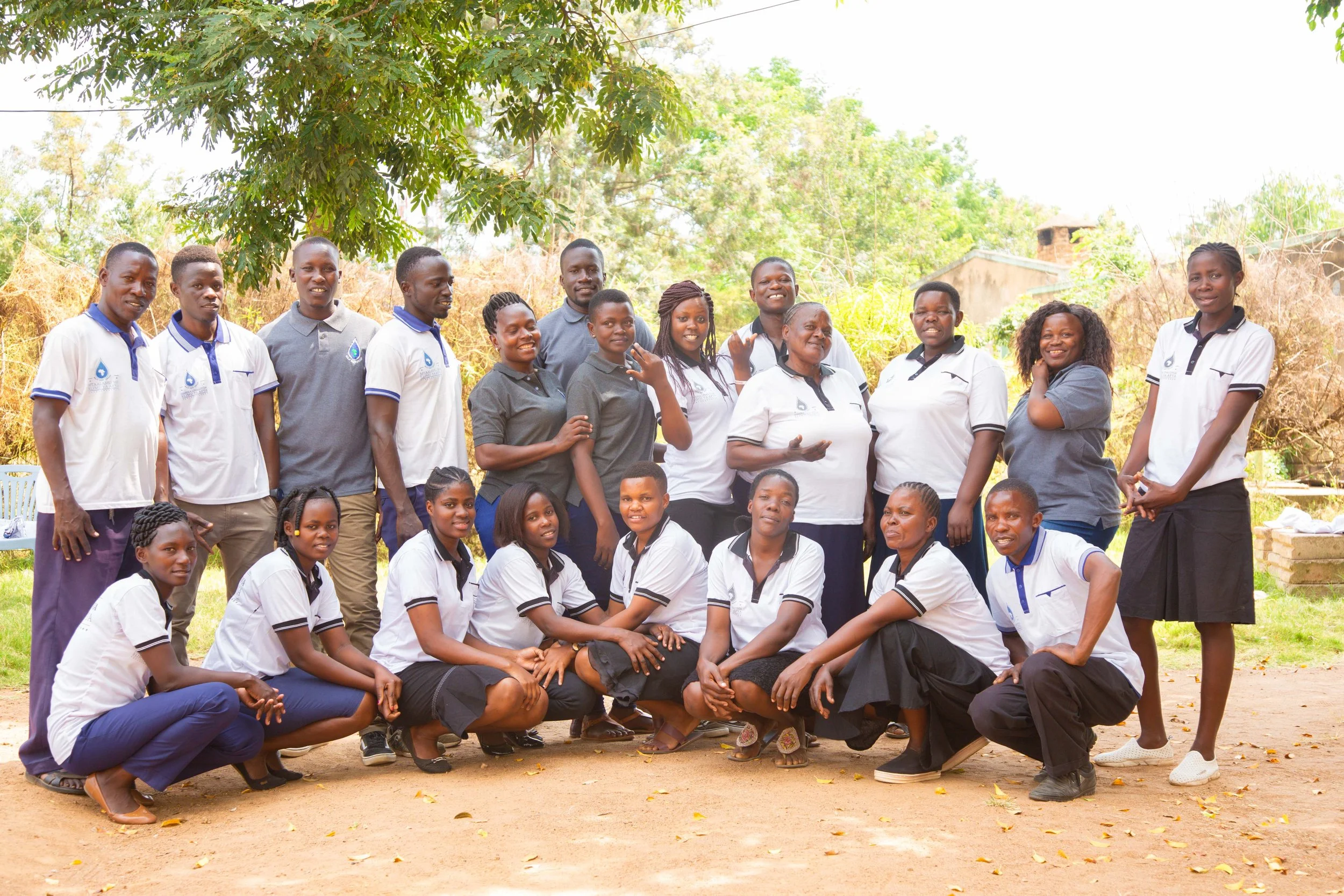
A WASH Hub is a valuable resource for dozens of villages. Together, we can develop livelihoods and improve health for generations.
WASH Hub is providing our customers with a community gathering point and demonstrations of all the great technologies and habits they can adopt to live healthier and more productive lives.
For 10 years, MSG has shown that we have the programmatic experience and the administrative capacity to coordinate and implement complex and holistic solutions.

Risks & Challenges
As with any new project, the WASH Hub campaign comes with risks and challenges.
Working in rural Tanzania can mean unreliable roads, sudden inflation, and bureaucracy.
The WASH Hub may not generate the expected income to cover operational costs the first couple of years.
Being at the tail end of the global COVID pandemic, restrictions on workers, inefficient supply chains, and other unexpected consequences may occur.
Our experience working in the Rorya District
While these risks are real and could potentially disrupt WASH Hub progress, Maji Safi Group believes that our 10 years of experience working in the Rorya District and our close relationship with the government and important civil society stakeholders will enable us to implement this project as planned. So far the WASH Hub has stayed on our planned timelines and come in right on budget.
During the planning process, we took these risks into account and created contingency funds and financial commitments to make sure that the project will be achievable and sustainable.
Our commitment
While so many things have changed over the past couple of years, and will continue to do so in the future, life must go on. MSG is committed to tackling any challenge as we work to improve the livelihoods and health of Tanzanians living in extreme poverty.
Other Ways You Can Help
Even if you are not able to give to our WASH Hub campaign financially, you can still be part of this exciting journey. You can also join MSG in spreading awareness in person and on social media about the global WASH crisis and inhumane conditions that billions of people still live in.
Nearly 10% of the global population lives in extreme poverty, 16% does not know where to get a jug of clean water, and 1 in 4 health care facilities does not have consistent access to clean water.
Access to clean water and good health is a prerequisite to all other human rights, and it is upon us all to work towards solving the injustices that far too many people still face every day.



